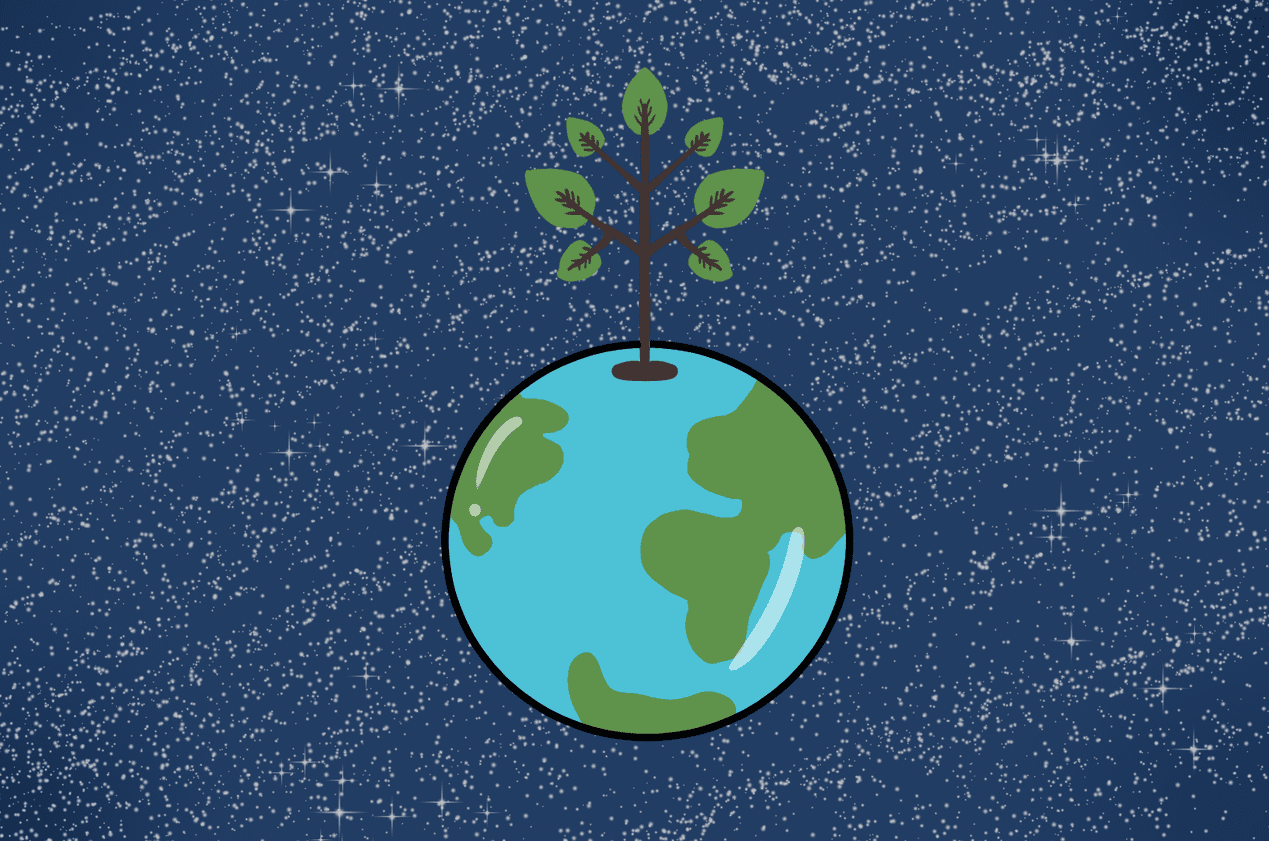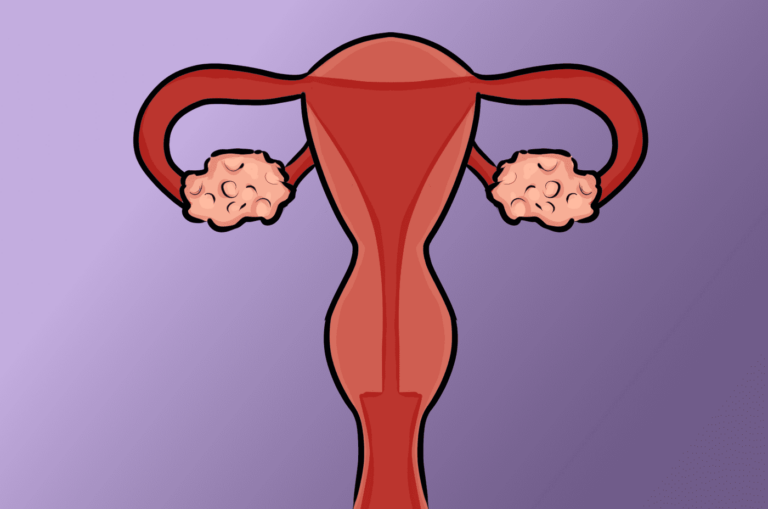Could a visit to outer space change you?
Vidhi Bubna is a young changemaker working towards making the world a more equal place.
Our lives are finite. Our days are numbered. The battles that we fight with people around us, and the demons which we nurture in our own heads to satisfy our ego, are going to exhaust. Our dreams, wishes, desires, the palpitations of our heart, our anxieties, and insecurities, which threaten to consume our beings, would extinguish at some point.
What would remain in the aftermath of mindless chaos, war and anarchy, would be this regret that we never cared to make something more of who we are. That we let our potential shred and waste down the drain, simply because, in the obstinacy of our narrow-minded shallowness, we blatantly refused to see and acknowledge that there is more to who we are and what we could become.
We sought to build mansions for our own self and render the neighbor unseen and uncared for. We sought to build a tower of our own success and crush the helplessness of fellow beings less fortunate than us. We seek to live in a mirage, where our lives appear to us as only our own. Seldom do we consider the possibility that our story is not entirely ours. That there was an innate potential of empathy and solidarity in humankind before us, and there is going to be something vast and profound in it, much after we perish.
But we don’t have to perish. We could choose to be a part of this ceaseless thread of human life that doesn’t begin or end, but rather exists.
At the horizon where our personal tribulations lose themselves in subterfuge and churn something fresh and unheard of, is this miracle, enigma, and a somewhat scary entity called ‘space.’
Human beings are inherently self-centered, in the sense that we live our whole lives with the belief that our own emotional struggles are enough to consume the entirety of our being. But there comes a moment when our own selves appear insignificant to us.
When life as we know it doesn’t seem to be as authentic and real, on the face of a sight much larger and profound than what humanity is attuned to contemplate.
I am not encouraging people to diminish their sense of self-worth or reject self-care as a healthy life-practice. What I intend to suggest instead is that space exploration could be an innately therapeutic experience and a reminder of the fact that the Earth we inhabit is indeed beautiful.
It could be a reminder of the fact that the borders which we have created are arbitrary. The wars that we have fought and the ones which we continue to fight are the product of our own insecurities and lust for power, strength, and wealth.
An opportunity to look at the Earth from above could give us a chance to realize that the thread of oneness that entails all of humanity within the fold of this phenomenon called life is immense, affirming, and empowering.
The divides of class, caste, race, ethnicity, and gender that govern our lives on earth would appear enforced and unnecessary when we gaze at Earth from the orbit in space because then the visible landscape and water-bodies embedded on Earth would remind us of the fact that environmental destruction is the real challenge that we face, something which we tend to overlook despite constant hints and reminders from our surroundings.
We are so enmeshed into the faults and prejudices of our messy, entangled social and political systems that we forget the possibility of interconnectedness and solidarity that exists in us as a species, and which we need to continually foster, in order to build an order of hope and collective well-being in society.
Our journey doesn’t have to be entirely our own. Our breakdown does not have to be a solely personal nightmare. We could cherish our individuality all we want, but at the peaks of our madness and anxieties, in the extremities of our strength and madness, we could also become something together.
Humankind could evolve as a reservoir of collective strength, support, and sustenance. Earth’s primal instinct is to nourish, and that itself ought to give us hope. An opportunity to explore space and gaze upon Earth from a distance gives us that chance to raise our consciousness upon that height from which we could look at Earth as a symbol of humanity and cherish the hope which we so often lose, so very easily.
Space-exploration is often perceived as a pursuit of traversing distances to reach the unattainable, such as the moon or Mars. But to travel to space for a chance to look back at Earth could be a very humbling and fulfilling emotional experience. It could ignite a thought-process which would lead us to consider, after considering the enormity of the habitat of our species, that we need to build a sense of collectivism in our morality.
The distinction between the ‘self’ and ‘world’ very often breeds a culture of hedonistic pleasure and personal fulfillment that has been the driving agenda beneath wars and political power-plays fought among leaders who have wreaked damage upon humanity to strengthen their racial, fanatic, or cult-based prejudices.
Nurturing the self and recognizing its needs are important. But there is a thin line of difference between embracing our vulnerabilities and taking care of our individual physical and psychological needs on the one hand, and becoming so complacent and impervious to injustices in the global order on the other that we stop seeing things which are outrightly obvious.
What astronauts who glance back at Earth while traveling in space realize is that environmental destruction has led to the visibility of huge patches of barren land that mar the beauty of Earth when viewed from above.
Humanity appears defeated from that vantage point when we divert more resources for the accumulation of personal gain and maximizing the privileges and advantages of the self, rather than investing them with a shared spirit of collaboration and goodwill towards the welfare and upliftment of the disadvantaged and needy.
Moreover, an equitable access to Space is needed to make people realize that the difficulties which humankind collectively faces surmounts any of the sectarian conflicts and divides that we have artificially augmented out of our prejudices and internalized hate, and which gobble an enormous amount of our financial, physical, mental and emotional resources.
Humankind faces the collective threat of erosion and extinction from planet Earth if no action is taken to counter the rate of exhaustive depletion of natural resources. An opportunity to travel in space, if made accessible to people across the barrier of nationalities, would foster a greater amount of awareness and consciousness in the world about the interconnectedness of humanity and the challenges which we face collectively as a race.
Space-exploration appears to be an ethereal dream. Interconnectedness with the stars and the ability to wield our glance at the enormity and expanse of Earth with all the diversity in its terrain, land-formation, and physical structures, is bound to yield a lasting emotional and cognitive impact upon an explorer.
The onset of a pandemic has triggered vulnerabilities and anxieties among the global population like never before. The need to introspect upon and eliminate our prejudices and foster solidarity as a species has never been greater. As we practice the norms of social distancing, let us not give up on our mental and emotional health.
Space-travel could be an amazing and effective means of achieving a collective consciousness that recognizes the dangers posed by a sectarian mindset and provides us with an opportunity of a surreal and yet real psychological journey, which would possibly enable and empower us to become better human beings.
If the astronauts who have revelled in the delight of Earth-gazing from outer space are to be believed, it could be inferred from their heartfelt and intellectual ruminations that space-exploration is not merely a scientific activity that gives pleasure and joy to an astronaut. The experience has a potential to remind each person who chooses to immerse themselves in the pursuit of our shared sense of humanity as a civilization, and the need to focus more on transcendental unity rather than the brutal and vehement politics of identity-creation and otherization, that is built on narrow markers of physical appearances, and ancestral lineage.
Space for Humanity is an organization committed to the aim of transforming this experience, which is only a dream for many, into a reality. It launches programs for capable leaders to enable them to become citizen astronauts.
The concept of ‘citizen-astronaut’ is inclusive because it removes the barrier that curbs people from humanities, commerce, and other non-science streams from accessing an opportunity to explore space. All it requires you to be is an inspired and motivated person who believes in the oneness and potential of all human beings to achieve change.
Space for Humanity trains potential leaders to embark upon a journey of inspiration and hope in space that would motivate them with a fresh zeal of social commitment and leadership, and aim at creating a positive impact in the lives of people, once they return to Earth with a lifetime’s worth of a change in perspective.
Featured Image Credits: Wikimedia








Interesting…